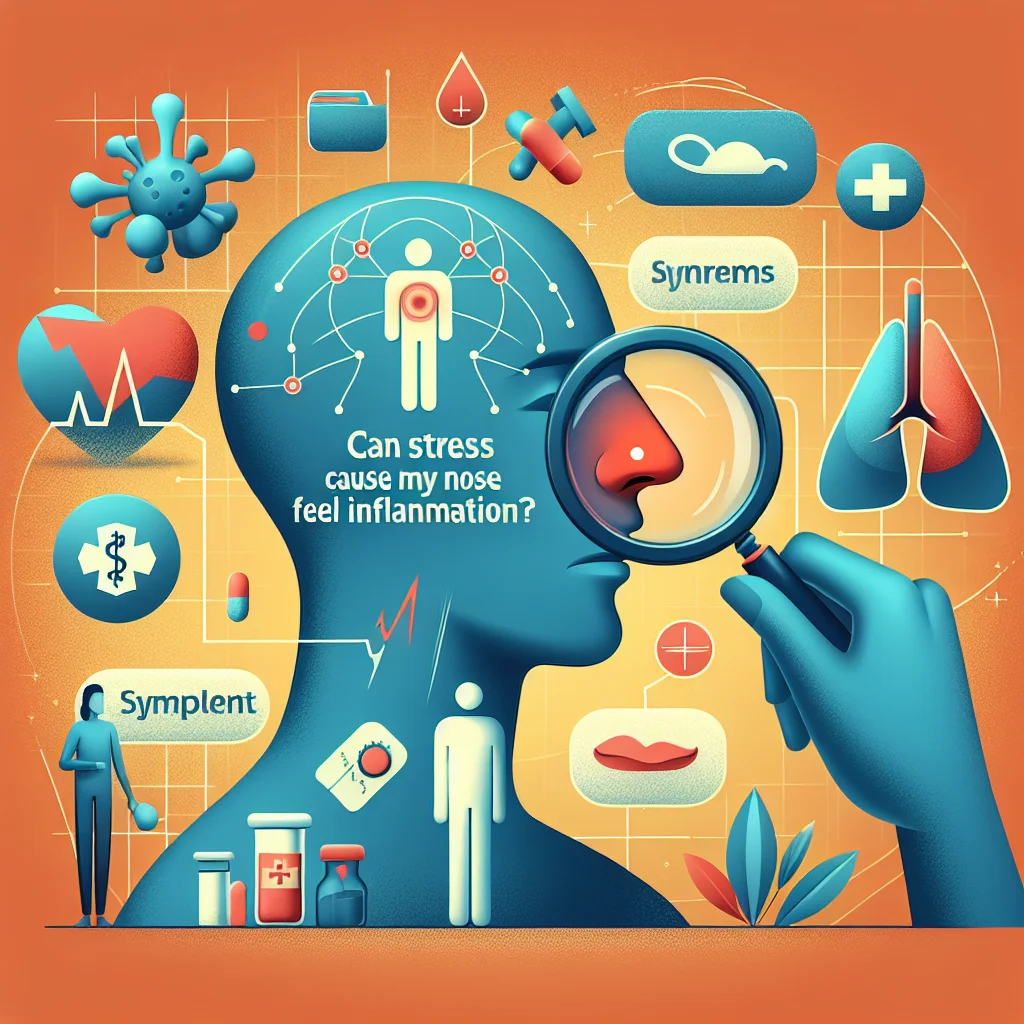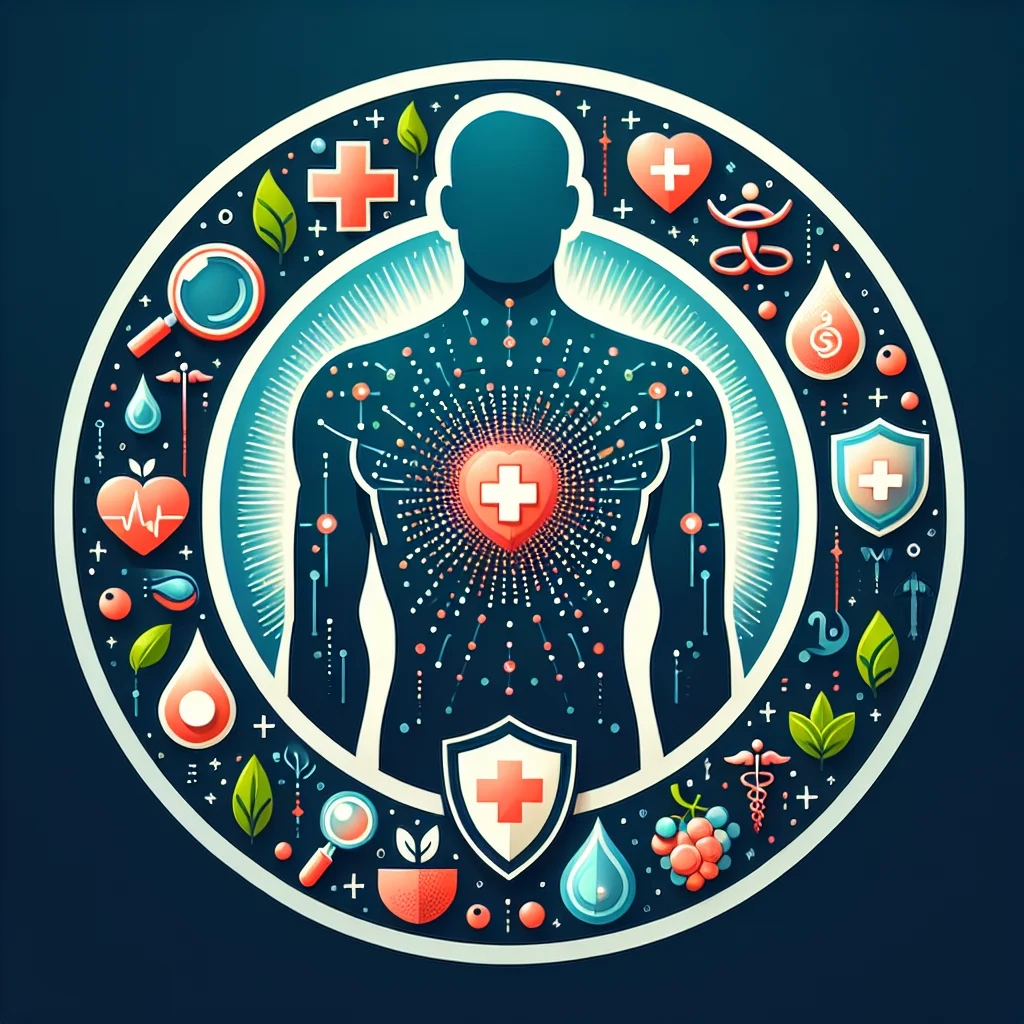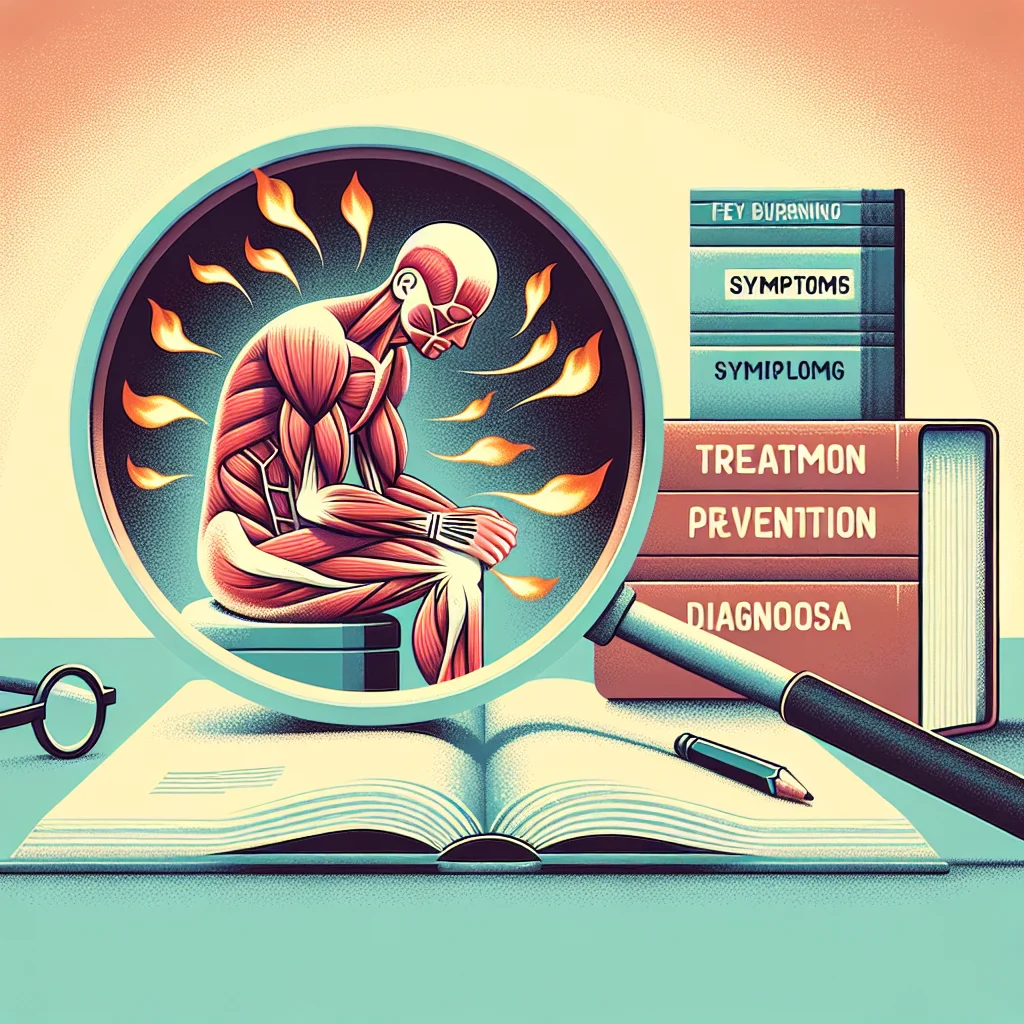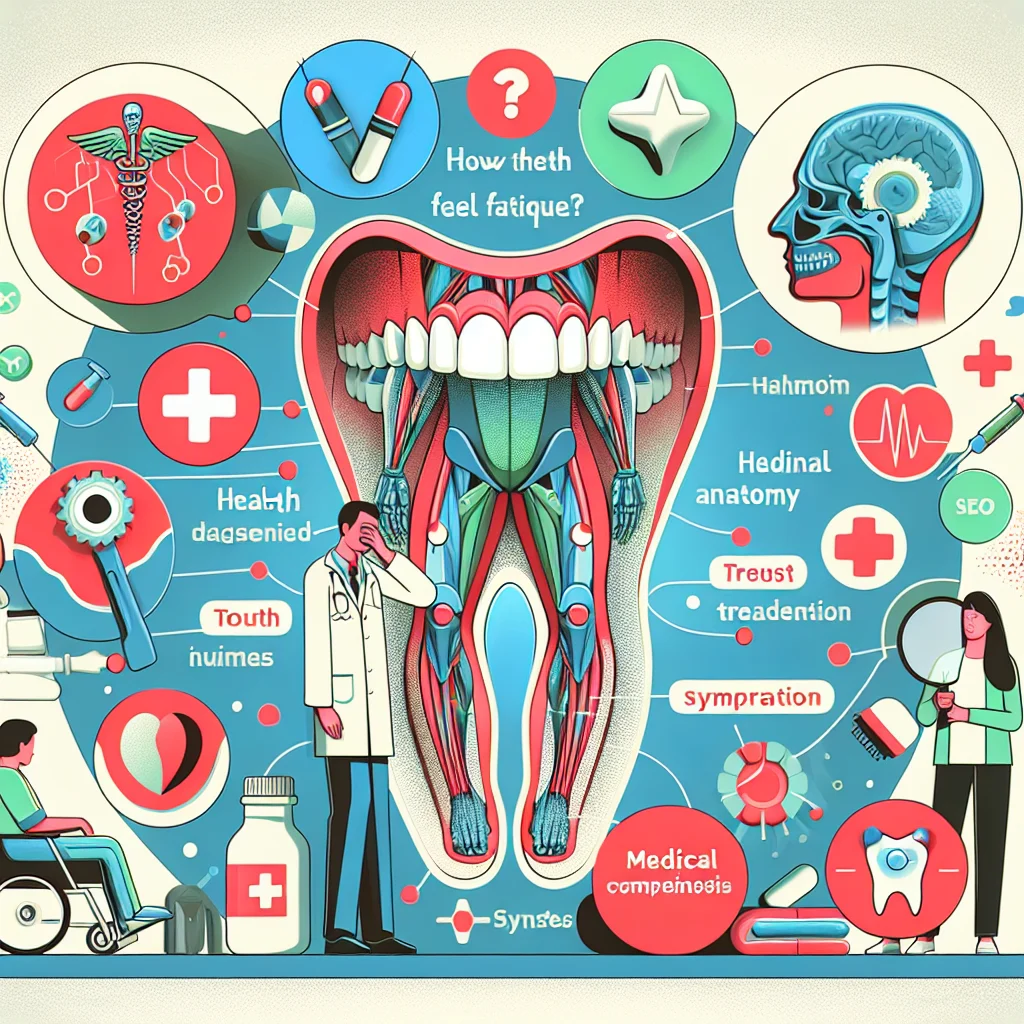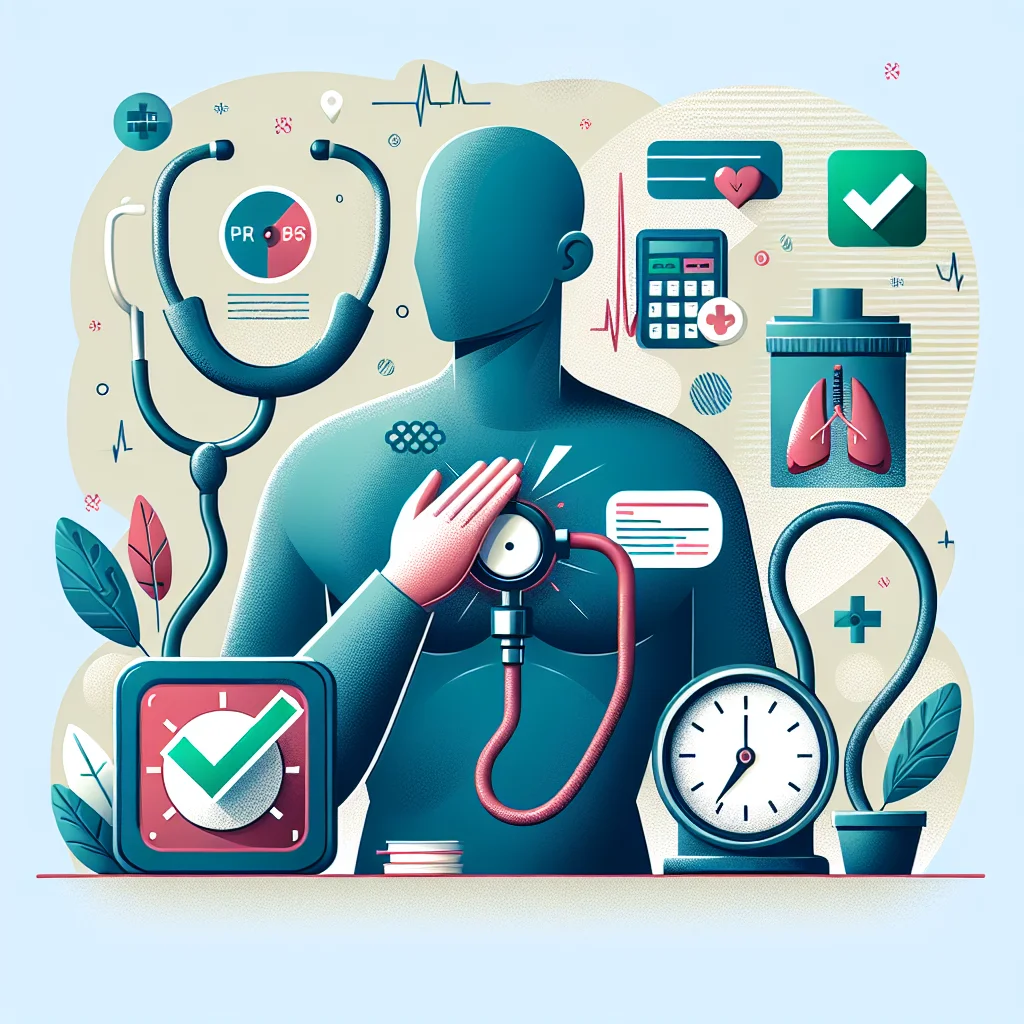
Possible Causes and Medical Insights
Feeling pressure in your chest can be alarming, but it is important to understand that not all cases are cause for immediate concern. Chest pressure may result from a variety of reasons, ranging from benign issues like anxiety or indigestion to more serious conditions such as heart problems. Gaining awareness of the possible causes can help you make informed decisions about your health and when to seek medical attention.
Medical experts note that chest pressure can sometimes be associated with muscle strain, acid reflux, or respiratory infections. However, it's crucial to recognize that it may also signal underlying cardiovascular issues. Understanding your body and the context in which the symptom occurs can provide valuable insight. If you are unsure about the cause, consulting with a healthcare provider is the best course of action to rule out any severe conditions.
Symptoms and Risk Factors
When asking, "Is it normal to have my chest feel pressure?" it's helpful to consider any accompanying symptoms. Commonly associated symptoms include shortness of breath, dizziness, palpitations, or pain radiating to other parts of the body. The presence of these additional symptoms may indicate a more serious underlying health issue, such as angina or even a heart attack, and should not be ignored.
Several risk factors can increase the likelihood of experiencing chest pressure. These include age, family history of heart disease, high blood pressure, high cholesterol, obesity, and lifestyle habits such as smoking or a sedentary routine. Recognizing risk factors can guide you in seeking timely medical insight and adopting preventive health measures to lower your risks.
Diagnosis and When to See a Doctor
If you frequently experience unexplained chest pressure, it is essential to consult a healthcare professional for a thorough diagnosis. Your doctor may perform a physical examination, review your medical history, and order diagnostic tests such as an ECG, blood tests, or imaging studies. These evaluations help determine the underlying cause and guide appropriate treatment.
Immediate medical attention is necessary if chest pressure is severe, sudden, or accompanied by symptoms like pain radiating to the arm, jaw, or back, shortness of breath, or fainting. Such symptoms can be signs of a heart attack or other urgent medical conditions. Do not hesitate to seek emergency care if you are in doubt, as timely intervention can be lifesaving.
Prevention and Home Remedies
Maintaining a healthy lifestyle is key to preventing episodes of chest pressure. Incorporate regular physical activity, a balanced diet, and stress management techniques into your daily routine. Avoiding smoking, limiting alcohol intake, and managing chronic conditions such as diabetes or hypertension can also reduce your risk of developing serious causes of chest discomfort.
For mild, non-emergency situations, some home remedies may provide relief. Practicing deep breathing or relaxation exercises can help if anxiety is contributing to your symptoms. Over-the-counter antacids may ease chest pressure related to indigestion. However, always monitor your symptoms closely, and if they persist or worsen, seek professional health advice promptly.


